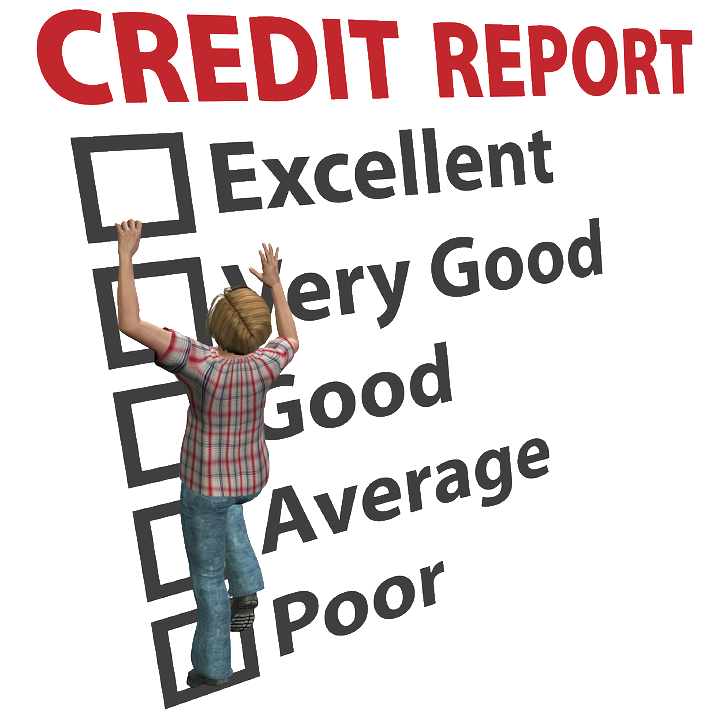
Do You Know How to Maintain Your Good Credit?
You’ve worked hard to build a good financial reputation—now learn how to preserve your credit score by following these credit best practices.
After building a solid credit score for yourself, sometimes the best thing you can do is stay the course. Resting on your laurels may get a bad rap, but if you’ve already developed the good habits that brought you to a good credit score, maintaining those habits is essential to maintaining your score.
By sticking to the basics of good credit, you can help sustain your financial reputation, making you more attractive to lenders.
Credit Best Practices
Follow the 20/10 rule. By this rule, your total credit card debt shouldn’t exceed 20 percent of your after-tax yearly income, and your individual credit card payments shouldn’t be more than 10 percent of your monthly take-home pay.
Be on time. According to FICO’s evaluation system, more than one-third of the average person’s score is based on payment history—so don’t be late!
Pay at least the minimum balance due each month—the amount you owe typically makes up 30 percent of your score, so it can really cause your score to take a dive if you let that amount build up.
Don’t spend money now that you’re hoping you’ll make later. Although credit can provide a way to pay for something when you may not yet have access to the funds required for purchase, you shouldn’t use credit without knowing if you’ll have those funds in the future. If your income is guaranteed, it’s easier to budget for what you’ll be able to pay off once your paycheck comes in. If not, you can be setting yourself up for failure by overspending money that you don’t have.
Avoid approaching or exceeding your limit. Regularly hovering near your credit limit or going over it can reduce your credibility in the eyes of lenders and lower your score. Beyond the damage to your credit report, it may cost you in over-the-limit fees and increased interest rates from your lender.
Don’t open multiple lines of credit at once. Each time a lender pulls your credit report, it registers with the credit bureaus, and doing this too often can hurt you. Research has shown that people who have the tendency to open multiple accounts at once are more likely to miss future payments, and credit bureaus will respond accordingly by lowering your score.
Check your credit report regularly. If there’s an error or fraudulent spending on your report and you don’t see it for several months or even years, it can damage your score tremendously. There’s no way to correct these errors if you don’t know they exist, so make it a habit to check your report at least annually.
Contact lenders immediately if you’re going to be behind on your payments. Many will be willing to work something out with you if you communicate; but they can’t help if you don’t let them know there’s a problem.
Did you know?
Beyond subscribing to the basic best practices of credit, knowing the other ways that credit bureaus evaluate your credit habits can help you determine your best financial moves.
Consider the following:
Credit utilization ratio is the amount of credit you use compared to the amount of credit available to you. This ratio is a big factor in many credit reports, and it helps explain why closing credit accounts can actually hurt your score—by lowering the amount of credit available to you but keeping the amount of credit you’re using the same, you’re automatically upping your ratio.
When a lender pulls your credit score to evaluate you, it’s called a “hard” credit inquiry and will likely affect your credit score. When you check your own score or a company pulls your score for marketing or data collection, it’s called a “soft” inquiry and won’t affect your score.
Some municipal governments have started reporting outstanding fines to collection agencies, so that long-overdue library book or unpaid parking ticket may do more damage than you think.
It might not seem fair, but it’s much easier to lose points on your credit score than it is to gain them. You’ve already done the hard work of building up a good score—now it’s your responsibility to make sure you’re not losing ground. By following these tips, you can avoid lowering your score and preserve your borrowing credibility.





